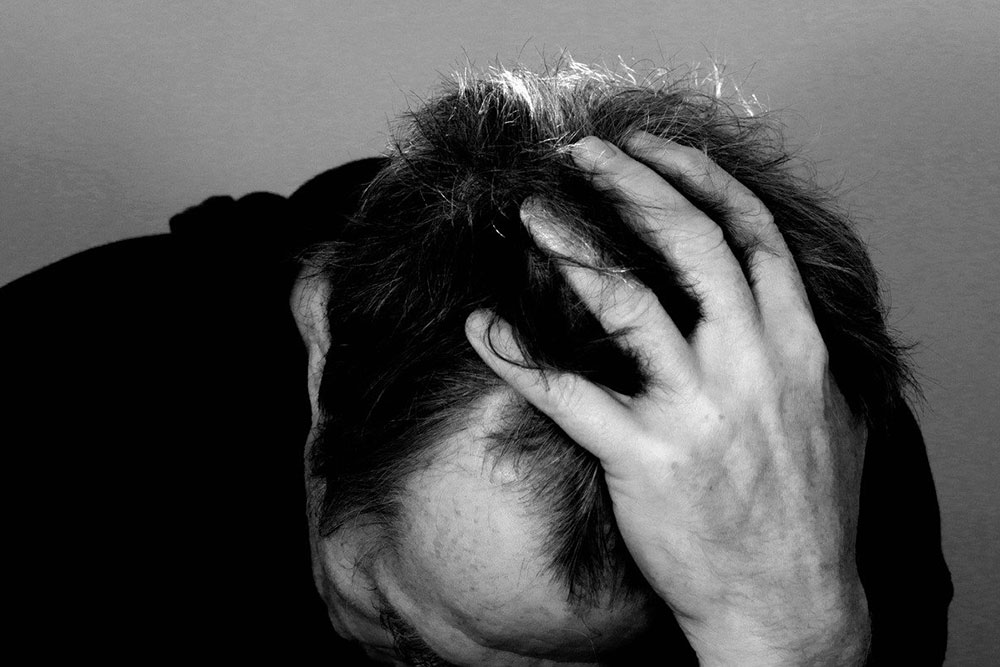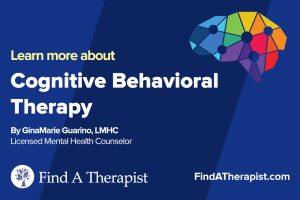Trauma Survivors And Addiction
Published on May 13th, 2020
Updated on January 3rd, 2024

The image of an addicted person is an easy one for many people to conjure in their brain. It’s likely similar to the actors seen on the movie screens. It could be an unclean IV drug user, nodding off in the streets with no money and no place to go. While this is an unfortunate truth for some people with addiction issues, it is not the case for all addicted individuals. Another image, which may emerge, is the glamorous view of addiction, also depicted in the movies, with the addicted person having a lot of money, big parties and lots of friends.
This is not the case for most people struggling with addiction. The images often forgotten are at the start of the addiction.
- What happened first?
- Why does one person try drugs and never become addicted and another is addicted after the first time?
- What leads a person towards additive behaviors in the first place?
More and more research is pointing to trauma, often early childhood trauma, as a potential determining factor of addiction.
Sponsored by

Choose a therapist to work with and start healing with 20% off from BetterHelp.
Click HereThe Adverse Childhood Experiences (ACE’s) studies analyzed traumatic events in childhood and the impact of those events or situations on people throughout their lives. Addiction issues increase substantially with each adverse experience of childhood.
What does that mean? The more traumatic events or ongoing trauma in childhood, the more likely a person is to struggle with addiction issues. Trauma impacts the nervous system and when the trauma happens at a young age, the effects on the body and brain may have lasting impact.
There are many types of trauma that can negatively impact a person. Some are commonly known traumatic events or situations such as physical abuse and sexual abuse. There are also traumas related to serving in combat, being in an accident, seeing a horrible accident or losing a family member or a friend.
These are the types of trauma that people commonly think of when considering trauma in a person’s history. There are also traumatic events or situations that people often overlook or may not consider to be trauma at all such as psychological abuse, medical trauma, natural disasters, falls or even small accidents, which do not result in major injury.
Dr. Gabor Maté asserts that addiction falls along a spectrum and everyone finds themselves somewhere on the spectrum. Where we land on this spectrum, determines our susceptibility to addiction behaviors. Addictive behaviors can include:
- Workaholic tendencies
- Shopping
- Gambling addictions
- Substance addictions
- Sex addictions
The commonality of all these behavior patterns is the use of the behaviors to meet needs.
While maladaptive, and often not effective in the long run, addiction often serve as an attempt to mask the pain of emotion, memories and body responses related to past trauma. Many people can think of addiction tendencies in their life, such as shopping every time you’re stressed or eating whenever you are sad. While these tendencies may not reach the level of clinical addiction, which requires cravings, they do show the spectrum of addiction and how many people have addictive tendencies.
If you have frequent headaches, you may take pain relievers several times per week or more to reduce the pain. While this does not solve the root problem of the headaches, it is considered an acceptable way to manage the pain. Consider if the pain was much deeper and harder to even identify, one may seek out ways to reduce the pain.
While this is a simplified example, this is where substances often come into the picture when people need a way to take away the pain. The addictive behaviors serve a purpose, while that purpose is often not effective and likely causes more issues, the behaviors are present for a reason.
Trauma increases the likelihood of addiction issues and when addiction issues become a problem, there is an increased risk of additional or ongoing trauma. This cyclical pattern makes addiction and trauma issues complex and hard to overcome. It is important to note that not all traumatized individuals will become addicted, though, the data indicates the risk is higher.
There is hope for those who do struggle with addiction. Working through the trauma and the addiction issues with the right support system can help to change the pattern. Finding alternative behaviors to meet the needs without the destructive patterns while also processing and healing from past trauma can transform the addictive patterns. There is hope and it is possible to recover from addiction and unresolved trauma.
When a person thinks of an addicted individual, the picture is often the Hollywood view of addiction. The images that do not typically emerge are the ones showing the pain and the trauma. People struggling with addiction are much more likely to have experienced traumatic events in their lives. These events may cause pain and stress which may cause the person to seek comfort, numbing or escape in the form of addictive behaviors. And there is hope and help to work through trauma and addition.
Sponsored by

Find an affordable therapist online with 20% off from BetterHelp.
Click Here






Leave A Reply